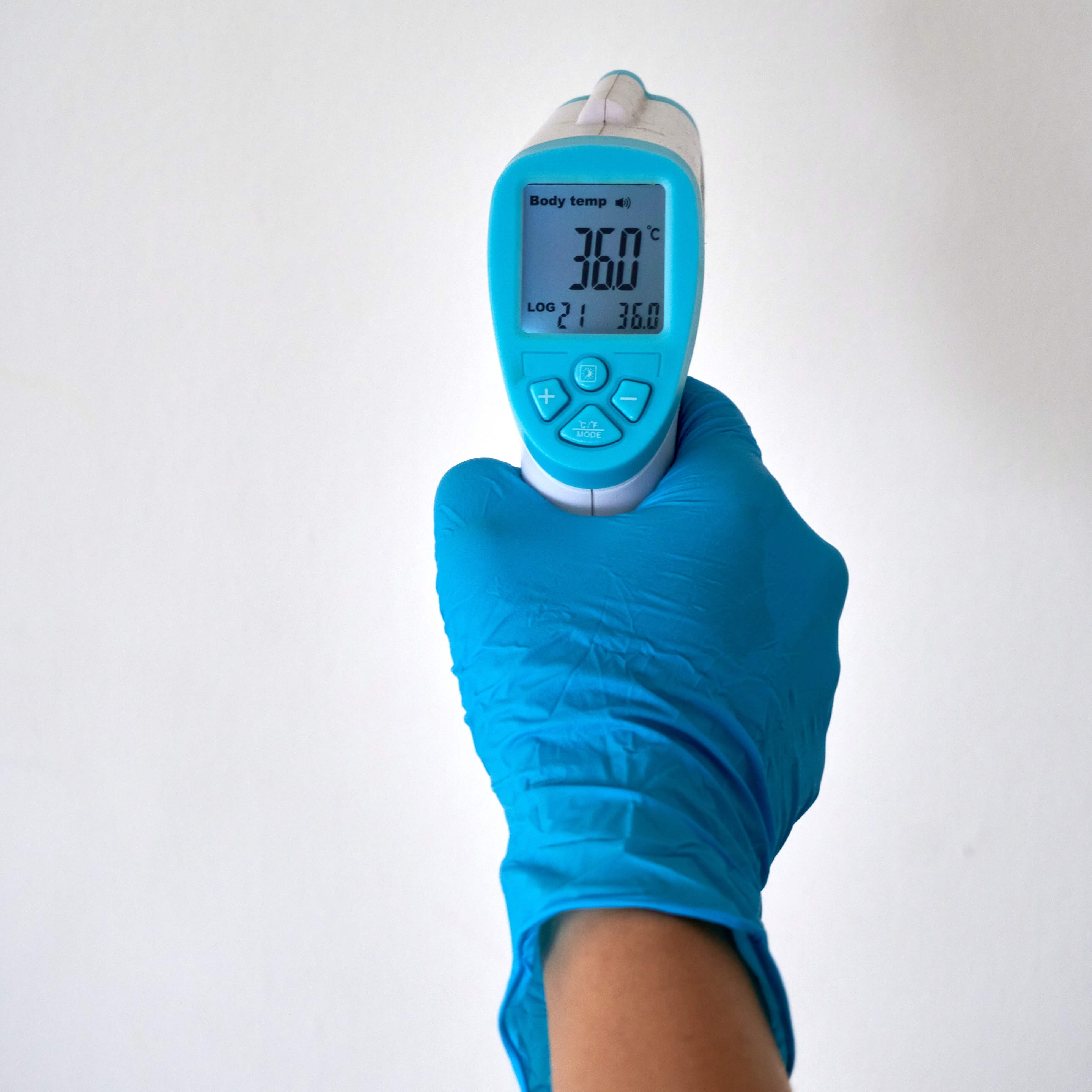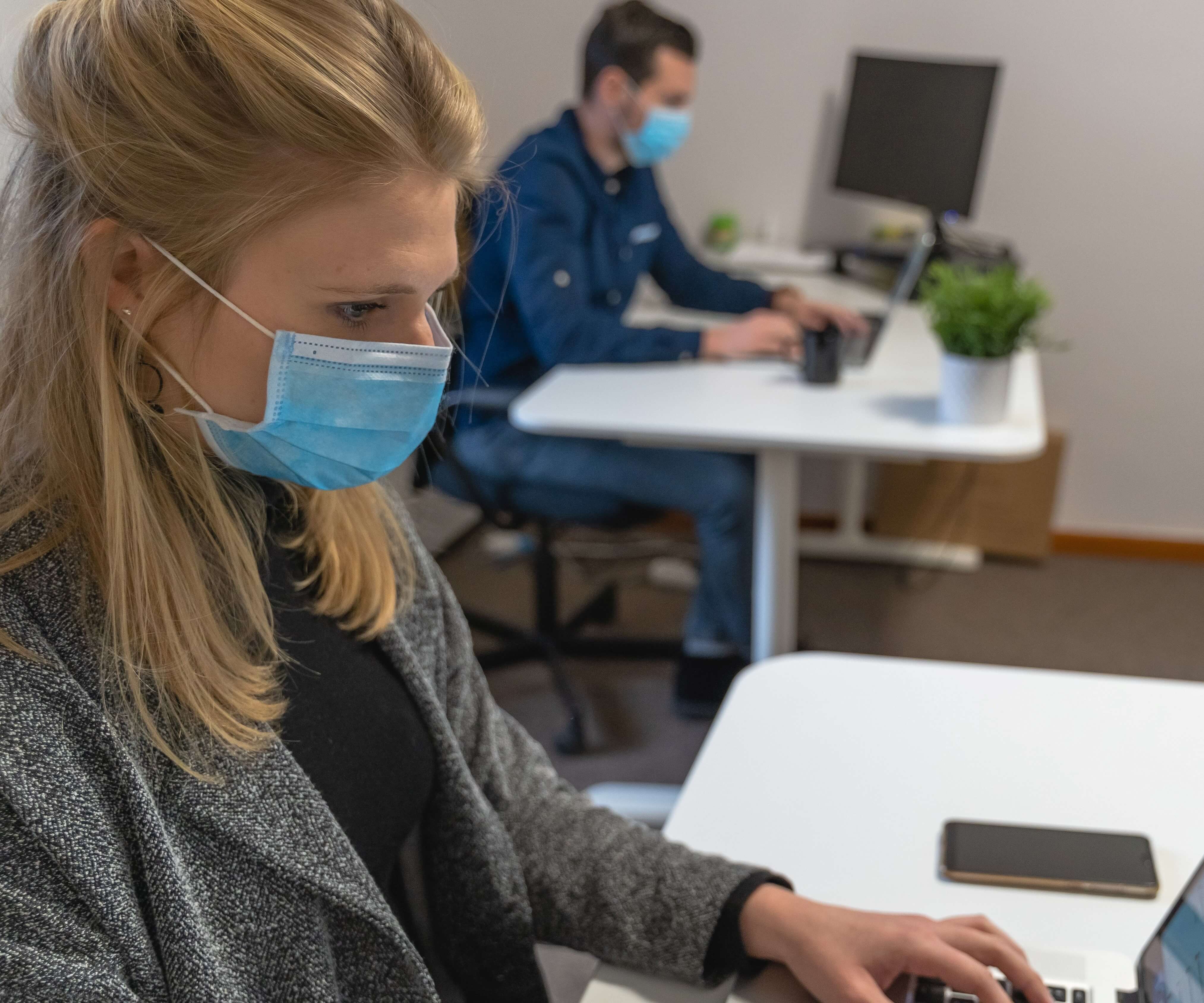
What Symptoms Require a Covid-19 Test
Covid-19 is a highly contagious respiratory illness caused by the SARS-CoV-2 virus. It was first identified in Wuhan, China, in December 2019 and has since spread to become a global pandemic. The World Health Organization declared Covid-19 a pandemic on March 11, 2020, and efforts to control its spread and develop a vaccine are ongoing.
Now that you have the background information let's take a look at covid symptoms requiring a test. By the end of this article, you should have a better understanding of what's considered a sign of Covid-19 and when it’s necessary to get tested.
What Are the Severe Symptoms of COVID-19?

Body Aches
The severe symptoms require a COVID-19 test, and they include body aches and pains. These can range from mild to severe aches but generally involve achy muscles or joint pain lasting more than two days. In some cases, the pain may be accompanied by a fever.
Depending on the severity of the symptoms, you may experience pain in several parts of your body or just in one spot. If you’re feeling any body ache that lasts more than two days, purchase a lateral flow test or visit your doctor for a test.
Cough
A persistent cough is one of the COVID-19 symptoms that require a test. A cough is considered persistent if it lasts more than two weeks. This type of cough may cause you to feel short of breath or chest pain and is sometimes accompanied by fever, chills, and fatigue.
If your doctor suspects that you might have Covid-19, they may order a PCR swab test for you. A PCR swab test is the most accurate way to diagnose Covid-19 and will help your doctor identify any other potential causes of coughing. You can also get a Healgen antigen test kit to test yourself at home.
Fever
A fever is considered a symptom of Covid-19 if it’s higher than 100.4 °F (38 °C). It usually appears with other symptoms such as body aches, chills, and coughing. If your temperature rises above the threshold, get your Flowflex rapid test kit and confirm whether you have Covid-19.
Shortness of Breath
Shortness of breath is one of the more serious symptoms associated with Covid-19 and should be taken seriously. By the way, shortness of breath can range from mild to severe, often accompanied by difficulty breathing, chest pain, and coughing.
If your healthcare provider suspects that you may have contracted the virus, they may order a Covid-19 test to determine if you require medical attention.
Fatigue
Fatigue is one of the common symptoms of Covid-19, especially in the early stages. You may feel unusually tired and unable to perform your daily activities or concentrate on tasks. If you experience fatigue that lasts more than two days, contact your doctor for advice. Your healthcare provider may suggest a Covid-19 test.
Loss of Taste and Smell
A temporary loss of taste or smell can be an early indicator of a Covid-19 infection. You may start to notice that food tastes different or that you can’t smell certain odors. It’s important to remember that these symptoms can be associated with other illnesses, so it’s best to consult your healthcare provider for advice on whether a Covid-19 test should be taken.
Moderate Symptoms That Also Require Testing for Covid
There are a few moderate symptoms that also require testing for Covid. These include sore throat, headache, runny nose, nausea/vomiting, and diarrhea. If you experience any of these symptoms, and they persist for more than 24 hours, it’s best to get tested and consult your doctor right away.
Should You Get Tested If You Have Mild Symptoms?
Even the mildest symptoms of COVID-19 may indicate an infection, and getting tested is the only way to know if you currently have a virus. Testing is especially important for individuals with high-risk factors, like those over 65 or with chronic medical conditions.
Covid-19 has become part of our everyday lives, and understanding its symptoms is key to staying healthy. If you’re experiencing any of the symptoms mentioned above, contact your healthcare provider as soon as possible. A simple Covid-19 test may help diagnose whether they are related to a coronavirus infection. Stay safe, and take care!



